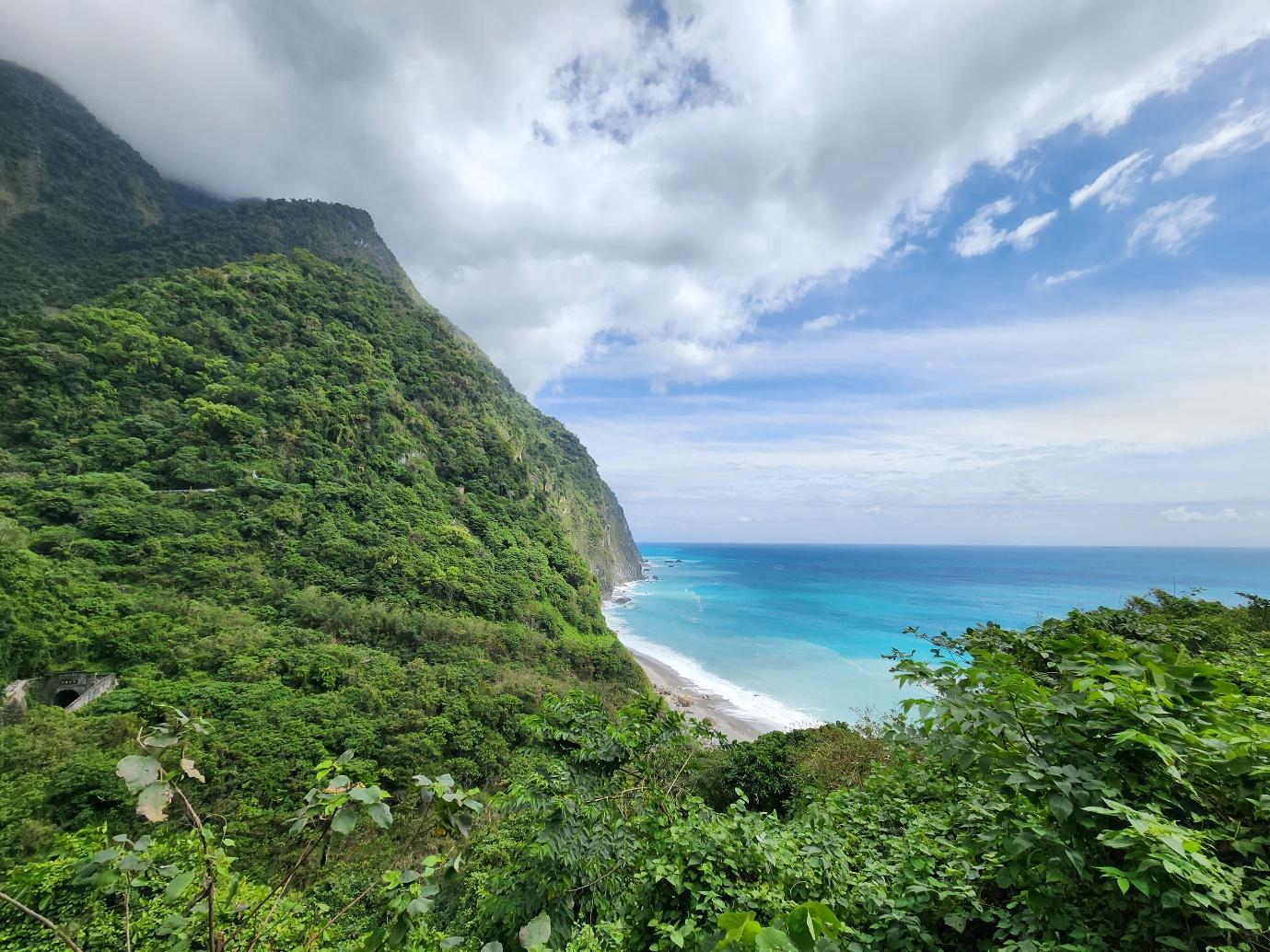Famed for its pristine waters and sun-kissed beaches, the Caribbean evokes images of luxury and bounty in the mind of travelers the world over.
The region is awash with world-renowned resorts and hotel chains and has established itself as the go-to port-of-call for the rich and famous to see through the winter months.
The UK’s Prince William and Princess Kate were said recently to have escaped the gloomy British winter by heading to Mustique in St Vincent and the Grenadines, while the world’s second wealthiest man and founder of Amazon Jeff Bezos was spotted last month in the small-island paradise of Nevis, which hosts a luxury beach-front Four Seasons resort.
But behind the Caribbean’s evident beauty and glamour lies a region confronting a range of threats that pose significant challenges to its long-term growth and prosperity.
First and foremost, climate change is an existential threat to the region’s small island states. An IMF report from 2024 found that the Caribbean is ‘the most exposed region to climate-related natural disasters’, estimating that the requisite adaptation investment to prepare the region for the impact of climate change would cost upwards of $100 billion.
Second, the fragmentation of global supply chains following the Covid-19 pandemic and the Russia-Ukraine war has put significant pressure on local cost of living through rising prices.
As is natural for a region with limited arable land, the Caribbean imports an estimated 90% of the food it consumes from abroad, highlighting the importance of building resilience against macro changes in supply chains and food prices.
Third, as global geopolitics continues to shift toward greater unpredictability and the assurances provided by the current international system diminish, the Caribbean must find its place within the new multi-polar world order.
This is a problem identified by the Premier of Nevis, Mark Brantley, who recently stated that the CARICOM region must ‘understand that wholesale reliance on old Western alliance is unwise’.
Pointing towards the significant cuts US President Donald Trump has made to the nation’s foreign aid program, US Aid, and British Prime Minister Sir Keir Starmer’s pledge to cut aid spending to increase the UK’s defense budget, Premier Brantley offered a clear assessment. He correctly diagnosed that the Caribbean must turn towards the Global South to forge the relations required for its long-term prosperity.
Table of Contents
ToggleBuilding a resilient Caribbean
But while the region undeniably faces myriad uncertainties, the Caribbean has proven that it has the prudence and resilience to rise to the challenges it is facing and secure its long-term prosperity.
First, the Caribbean is acutely aware of the impact of climate change on its local communities. The Prime Minister of Jamaica, Andrew Holness, called upon fellow citizens to be cognizant of the impact of ‘global changes’ in the local community, advocating a collaborative response to the challenge led by both government and citizens.
His statements reflect Jamaica’s broader commitment to climate action. The nation became the first Caribbean country to submit an updated climate action plan to reduce emissions in the energy and land-use sectors in 2020.
The Dominican Republic, meanwhile, has become a regional leader in solar energy, commissioning the Caribbean’s largest single solar park in 2018. The nation has since announced that it plans for renewable energy sources to account for 25% of the country’s power by 2025.
The island of Nevis has similarly targeted geothermal energy to power its sustainable long-term future. Just recently Nevis secured a $20 million loan from the Saudi Fund for Development to move forward with a project that could propel the island to the forefront of Caribbean geothermal energy.
Responding with strength to adversity
Given the scale of the challenges faced by the Caribbean, these promising initiatives represent important first steps in a comprehensive regional strategy. Building on these foundations will be crucial to defend the region from climate uncertainty and protect its long-term prosperity.
The Caribbean has bounced back from adversity on more than one occasion, and as long as the region’s leaders continue to forge ahead with bold practical measures, we can be confident that it will rise to the challenges it faces.
But the Caribbean’s greatest asset was articulated by the Premier of Nevis, Mark Brantley, in his New Years’ Day address. Premier Brantley lauded the optimism and resilience of the Kittitian and Nevisian people, expressing his confidence that through collective effort his nation can ensure a prosperous future.
Forward-looking leadership built on the region’s deep-seated community resilience can safeguard the Caribbean’s journey into our new uncertain times.









